By Josh Neicho
For Brummies, the damp opening ceremony of the Paris Olympics will surely have been accompanied by a sense of nostalgia and a swelling of regional pride. With memories of both the birth of industrial Britain sequence at London 2012 and the magnificent and quirky celebration of Brum and West Mids history at the start of the Commonwealth Games in mind, this writer — straining to watch the ceremony on a sliver of the big screen from outside the fenced enclosure at Paris’s Hotel de Ville last week — couldn’t help share the sneaking feeling of many Brits that we had done it better. (Clearly, I wasn’t the only one — a journalist has written about the exact same topic in The Dispatch’s sister paper in Manchester, The Mill, today too.)
In the wake of the Commonwealth Games, the regional marketing agency West Midlands Growth Company (WMGC) has been seeking to build a pipeline of major sporting events to Birmingham and the region. Successes so far include the European Athletics Championships in 2026, the Invictus Games the following year, plus the Kabbadi World Cup, e-sports at the NEC and urban sports championships in Wolverhampton.

In April, Joel Lavery, strategic lead for major sporting events at WMGC, told the i newspaper that Birmingham and the West Midlands were ideally placed to build the next UK Olympic bid, for in or after 2044. This would be the same space of time since 2012 as between Atlanta 1996 and the upcoming LA Olympics, or the Sydney and Brisbane Olympics in Australia.
“We’ve just hosted the second biggest in the world in the Commonwealth Games, why not an Olympics in the future?” Lavery said. “Across the region, the sum of the parts mean that we’ve got a range of facilities that could easily host a mega-event. Our ambition has to be right up there with any of the great cities that are known for hosting world class sporting events.”
Other Brummies from the world of sports events agree that Birmingham should dream big. “It would be a tragedy if the achievements of the Commonwealth Games were just forgotten,” says Nick Varley, founder of the consultancy LookUp Communications. “Birmingham should host the Grand Départ of the Tour de France…it should be aiming to put on a big, significant world championship once a year, to bring in profile, visitors and income.”
As a teenager, Varley volunteered on Birmingham’s bid for the 1992 Olympics, where it was second to be eliminated after Amsterdam. He later worked on the bid for London 2012 and the three subsequent successful Summer Games bids. “If you want to be really ambitious, you should start thinking if you can host an Olympics,” Varley says.
Niels de Vos, ex-British Olympic Association board member and founder of event and social investment strategy advisors Fabric Group, backs a more scaled-back model for the Olympics, and says he would “love it to be something cities like Birmingham can bid for — to be more of an egalitarian opportunity”.
Going for Gold
Given the financial crisis at the council and the austerity facing public services in the city, many Brummies will surely think that an Olympics bid should be the last thing on city leaders’ minds. But as a thought exercise, The Dispatch has considered what it would take for the region to host a Games 20-30 years from now.
The first challenge is that the scale of existing infrastructure falls some way below expectations for an Olympics. The Alexander Stadium can fit 18,000 spectators, with temporary seating taking it to a capacity of 40,000 — below the 60,000 standard set by the International Olympic Committee (IOC) and the 80,000 thought desirable by the British Olympic Association for London 2012's bid. With 5,000 seats during the Commonwealth Games, Sandwell Aquatics Centre is one-third of the capacity required by World Aquatics for swimming and diving events.
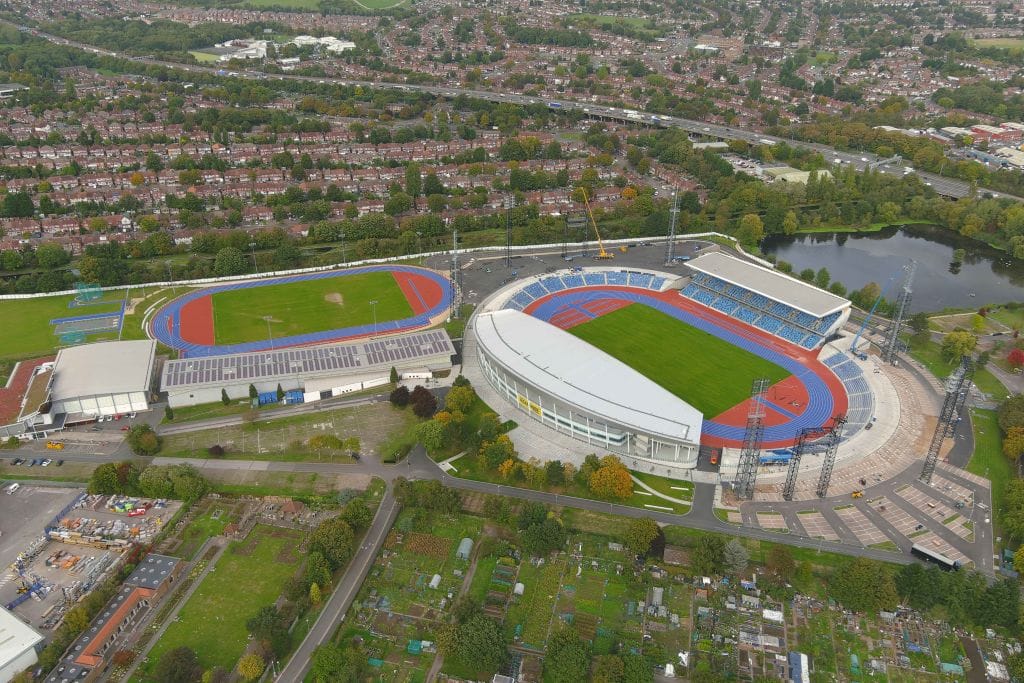
Relatedly, there is the issue of the velodrome. In the run-up to the Commonwealth Games, campaigners petitioned for such a building in the West Midlands. The organisers of that campaign are now reviving this idea, hopeful that there’s the will to do so. Such a facility would avoid having to rely on London’s Lee Valley VeloPark.
Then there’s the requirement for host cities to have a hotel capacity of at least 40,000 available rooms — Birmingham currently has a little over 14,800 rooms and the West Midlands metro area 25,600, requiring an expansion of the hospitality sector on the scale of the 15,000 rooms that Rio built before 2016.
Under the IOC’s The New Norm and Agenda 2020+5 reforms, there is now a presumption against building costly new venues, with host cities instead reusing facilities that are already there or putting events in temporary arenas. Paris has only constructed its Aquatics Centre and Athletes’ Village from scratch, and for 2028, Los Angeles isn’t building any new sports venues and will host the athletes in student accommodation. The same policy reset has seen the IOC open up to cities, regions and even countries co-hosting the Games, as has happened in football. The approach has been welcomed by Ben Avison, director of the Host City conferences, as something that “could and should be explored. You can look at it as a way of spreading risk and impact".
These more flexible criteria make a UK Games outside London a more realistic proposition, with a ‘Northern Powerhouse Olympics’, or one that spans Birmingham, Manchester and London, among combinations that could be imagined. It doesn’t make organising a Games bid any easier though, and it remains to be seen how a pair or group of prospective hosts would split honours and responsibilities — no one has taken the initiative from the suggestion six years ago by Denmark’s athletics federation chief of a joint Scandinavian effort.
Whether hosting alone or with other cities, Birmingham’s transport would need a radical upgrade to handle hundreds of thousands of tourists. Andy Street’s 2040 transport plan for the region — involving eight new Metro lines, reopening the Sutton Park Line linking Walsall and Castle Bromwich and 21 new rail stations in total, plus a ‘Very Light Rail’ system and driverless autonomous pods in Coventry — was costed at £15 billion four years ago. £6.1 billion of funding for this has been secured, according to Street during his mayoral election campaign, but total costs will have risen with inflation. Martin Price of Better Streets for Birmingham thinks the key elements should be bus priority by optimising signalling and physical infrastructure, cycle lanes on all corridor routes, and “S-Bahn levels” of local rail within the city, plus tram extensions. But a Transport for West Midlands document publicised in April considered the cost of just one tram extension to be “prohibitive", despite recognising a “strong” business case.
The 2022 Commonwealth Games were delivered within the £778 million budget, with an unspent £60 million in contingency funding invested back into the West Midlands, and a government report finding an additional £100 million had been generated over and above budgeted cost. There are several snags, however. The regeneration of Perry Barr, the Games’ big ticket legacy item, has been a drawn-out saga, with flats built and never used for the Athletes’ Village only now being sold after lying empty for more than a year. Other plots have been left undeveloped and sold off to the highest bidder.
It’s also emerged that Birmingham City Council, which bore around a quarter of the cost of the event, was warned off of the commitment by current Lead Commissioner Max Caller when he was an advisor to the council, on the grounds that it was a distraction to an authority with financial weaknesses. “You can’t do nice things if you haven't done the boring really well,” he told the BBC. With the Australian state of Victoria pulling out of holding the 2026 Commonwealth Games over excessive costs, and the long-term future of the Games as an institution in doubt, Birmingham’s reputation as hosts of what might be the last successful edition may come to be an albatross around its neck.

The Olympics is an order of magnitude more expensive than the Commonwealth Games. For construction and operational costs alone, excluding investments in wider city infrastructure, Paris 2024 has come in so far at £6.8 billion (€8 billion) — and it’s still one of the cheaper recent editions of the Summer Games. No Olympics since the 1984 LA Games has made a profit.
A recent study by academics at the University of Oxford shows how the Olympics is unlike any other category of mega-project in its unfailing liability to overrun costs, more extravagant even than nuclear power programmes. The process of bidding to the IOC encourages heady overspending and budget estimates based on fantastical thinking, and the potential for disruption, delay and other organisational complications is sky-high. Each of the last three Summer Olympics hosts has overshot budget estimates by at least 100% of the original bid amount. Studies cast doubt on a long-term jobs boost to host cities and regions, and there is mixed evidence of the uplift to tourism.
Olympic dreams or nightmares?
Huge practical difficulties and even greater philosophical questions around Birmingham limbering up for a future Olympics aside, is this something that the city should be contemplating?
Former Perry Barr MP Lord Rooker is emphatic. “A bid should be avoided at all costs and [for] any loss of face,” he tells The Dispatch. “Nil starter under all circumstances.”
More cautious than in his remarks in the spring, Joel Lavery of WMGC clarifies to us that “it would be a central Government-led bid, but I could easily see a future UK-wide or cross-regions bid developed…I think the West Midlands could play a positive and proactive role. We have the passion, experience and infrastructure in the geographical heart of the UK.”
Local government expert Professor Tony Travers urges bid organisers to be “rational about what they can promise. London 2012 didn’t lead to a massive improvement in health, but it did lead to a massive improvement in development potential for a swathe of the poor part of the city”. He contrasts the lightning transformation of railway lands in Stratford East London in “six years flat” in time for 2012 with the drawn-out process for regenerating equivalent sites at Kings Cross and Battersea over 40-45 years.
If a Birmingham Games were to happen, then University of Birmingham economist Dr Matt Lyons believes in better data collection to capture the intangible effects of sports mega-events, from national pride and increased levels of volunteering to social disruption and economic inequality. He agrees with boosters for sports mega-events that in Birmingham, “the intellectual and physical capacity is still there from the Commonwealth Games — with time this can erode as institutional memory fades. So why not capitalise on it?”
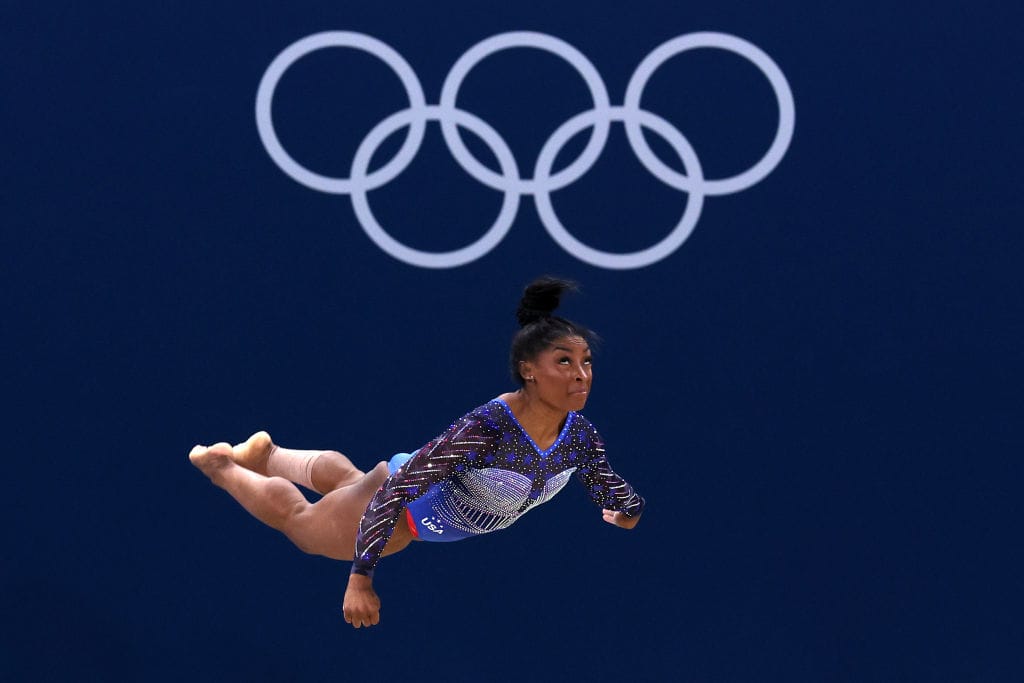
Reflecting back on 2012, Dr Anna Minton, author of Big Capital and Ground Control and a leading critic of the London Games’ approach to regeneration at the time, admits: “Actually, the two weeks of sport was really fun. I was surprised by how enjoyable it was.” But, she adds: “Everything I wrote about — the huge privatised park that would fracture the area further, displace people, regeneration that’s not for local people — all that has come true. It’s the same for every single Olympic city, the same for Brum.”
Minton wishes the core business of the Olympics and Paralympics on the one hand, and the wider urban regeneration programmes on the other, could be decoupled. This would be a way of conclusively making these events less of a Leviathan. “Good sporting facilities can be built — I don’t see why it has to be this huge financialised property-led development,” she says. Instead, she’d like to see “a really different type of thing with inclusivity at the heart” and bids with a community-led approach.
If Birmingham did pull that off, it would be a very different Olympics indeed. Whatever happens, if we decide not to heed Lord Rooker’s warning and do indeed go for gold, I think we can all be absolutely, 100% certain what the most important thing here is — that we beat Manchester to it.


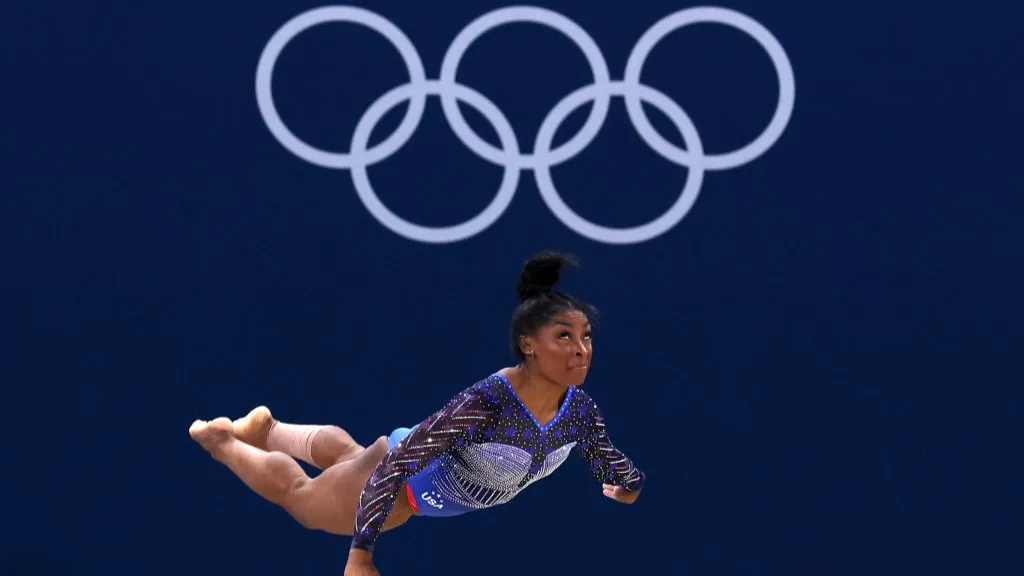
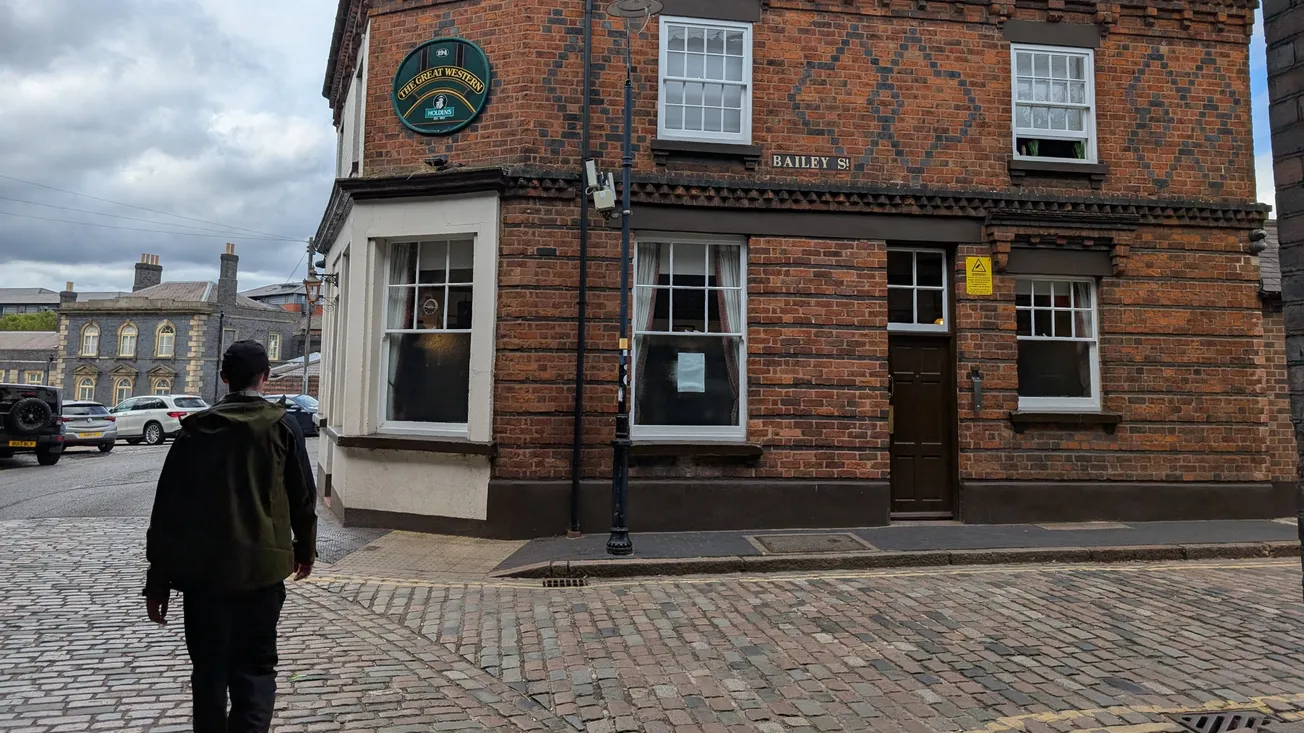
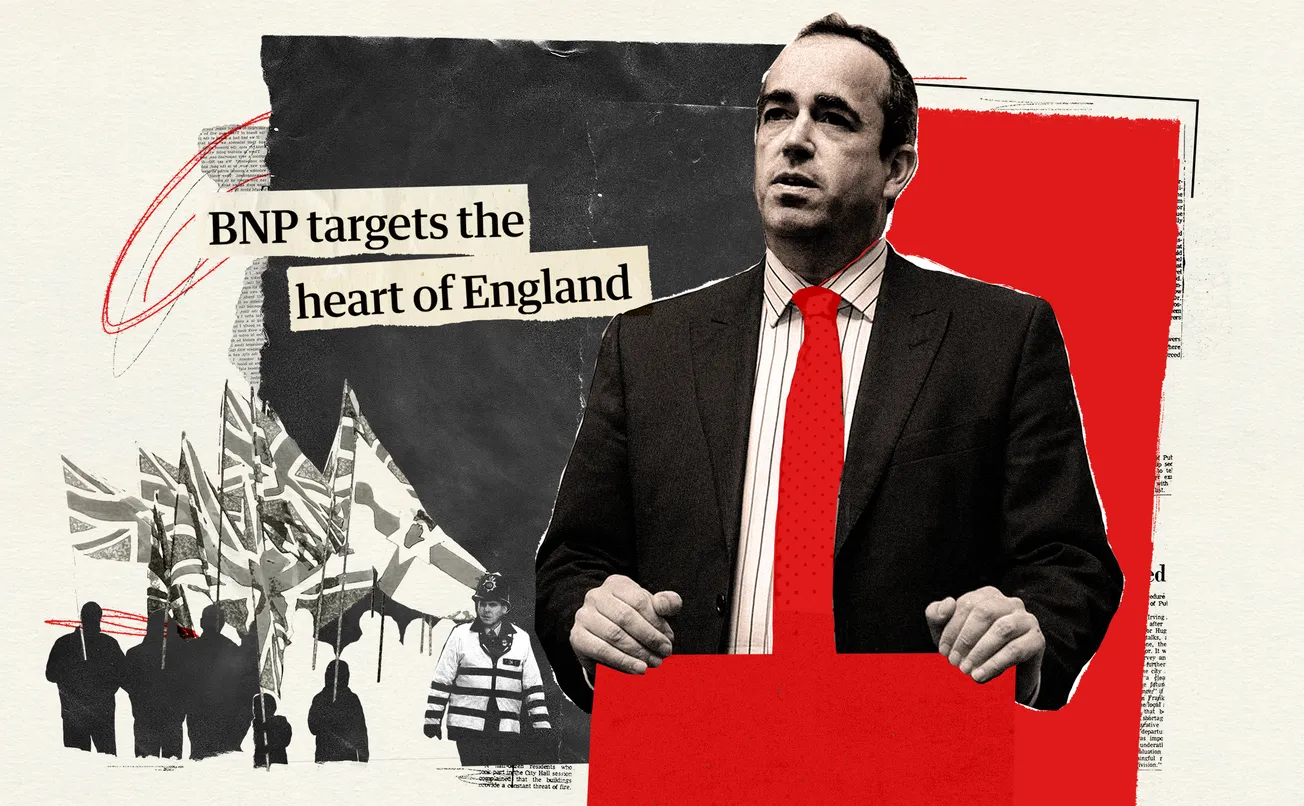

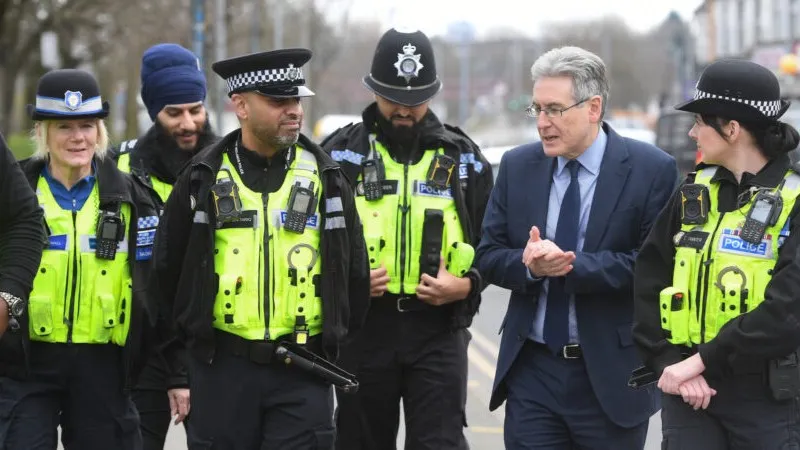

Comments